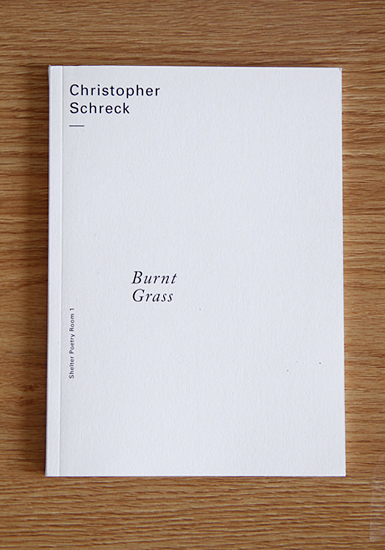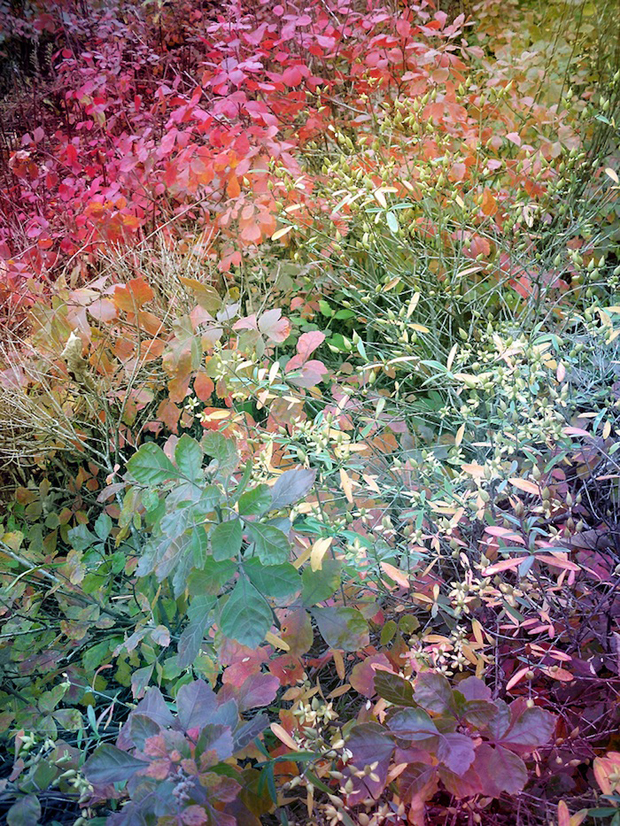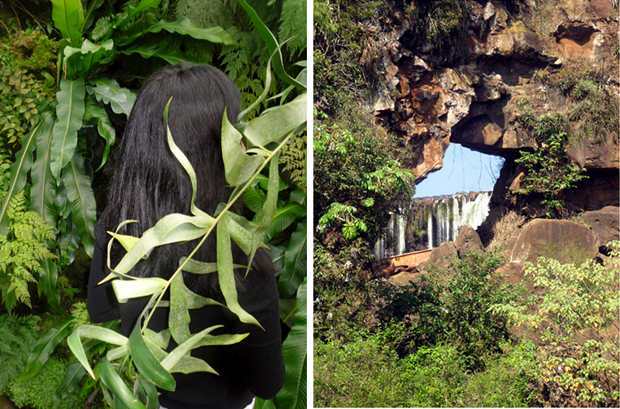This interview series is produced in partnership with MATTE Magazine, a publication produced by writer and curator Matthew Leifheit that focuses on the work of a single photographer per issue.
What do you do for a living?
I write.
Can you explain more?
At this point I pretty much just write, though that’s occasionally supplemented by commercial photo jobs. You need to be diverse in how you apply yourself. I’ll also do articles, interviews, things like that. I get commissions for book forewords and catalog essays. But I also write grant proposals for artists. Or write artist statements for people. I handle press materials for a couple different galleries.
You have to spread yourself around, but at the same time it benefits you because you’re writing in these different styles, different modes. It’s a precision thing, and I do nothing but benefit from being precise in my language.
What is your writing process like: Do you smoke cigarettes or drink or anything? Do you pace?
If it’s late at night maybe I’ll have a glass of whiskey. But I very rarely sit down and write out what I’ve already thought through. It’s a process of discovery. That’s probably why I’m slower than, for instance, Paddy [Johnson]. Paddy is a much faster writer than I am but she’s also very good at streamlining her thoughts.
So you go between multiple things at the same time.
I’m doing fourteen jobs right now, in addition to my own projects. Among many things I have a book that was published last year, called Burnt Grass. It’s 54 pages of poetry.
Is your background in writing?
Not at all.
You’re from Chicago. You went to school there?
Sort of, for a little while. I played music there.
Do you sing?
Yeah I sang, played keyboard, guitar, and drums. I benefited from being versatile there, too. I started doing video work based on experimental cinema, basically for footage to project while we were playing.
I actually like your pictures a lot, and I remember when you still had them on your website. You don’t anymore.
I was getting more circulation, some shows, but I felt increasingly like the more success I got, the less I enjoyed it. I became increasingly aware of how it related to ongoing conversations.
That probably has to do with writing, too: if you’re writing about art and also making art, you’re more critical of your own work.
I think that’s absolutely true. The fun of photography when I started was that it served a documentary purpose. That became complicated because I got self-conscious about how I fit into the more intelligent conversations. Also, the people around me became self-conscious because I was no longer just capturing these moments; they developed this expectation that I was going to turn around and put it them in a book or online.
It’s no fun to become detached from your own practice, so at a certain point I decided my work was going to be for me again. I want to enjoy that activity. Also, writing allowed me to contribute to these conversations in a more broad, direct and useful way.
I shoot more than I did a year ago. I shoot all the time and I think it’s better than what I was doing. Maybe at some point I will release it, but I realized it’s very important to me not to think of what I’m doing in terms of momentary conversations.
I think the way an artist make pictures is very different when they’re not releasing them immediately and getting a reaction.
On Tumblr, the way you gauge the success of your work can get very distorted.
There’s a number attached to it.
You post five images, and the one that gets the most attention, you naturally equate with it being the most viable or relevant. Still, I don’t think I dropped out of the photography conversation; I feel like I’m much more involved now.





Comments on this entry are closed.